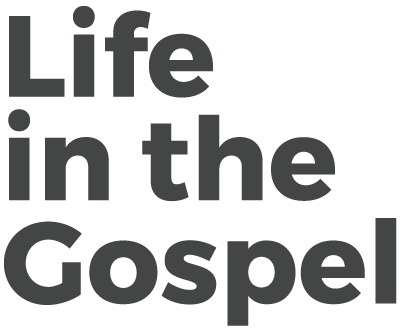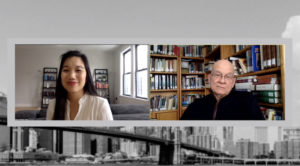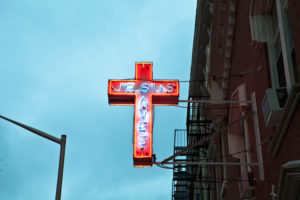Even though I turned her down, she befriended me, and over the next few months, she and her friends became my friends. I was attracted to the way they loved one another and me, and was often amazed by their generosity and care. I eventually accepted one of their many invitations to come to church because I grew to trust them and love their community. About a year later, in large part thanks to their persistence, I became a follower of Jesus.
An autoimmune disease that had been lying dormant surfaced early this year with life-changing force. Overnight my world completely shifted.
As I rode the subway home, I was lost in thought. I recalled the moment on 9/11 when Brian and I had said goodbye to each other at the fort, when I realized that my relationship with God was practically nonexistent. But here I was, going to the church for help, and those ladies had cared. As I pieced everything together, something shifted inside of me. I felt hope.
I realized I had made an idol out of being a pastor and when it was taken from me, I reacted like a small child with his toy taken away. I began to converse with God daily and digest his Word again daily and pray and sing and fast. And the prison I had willingly put myself in slowly melted away.
There’s a clear line of demarcation in each of our lives: the pre- versus the post- September 11th reality – and there’s nothing we can do to change this. What a strange and overwhelming feeling of powerlessness this realization brings, and yet, having been forced to confront it, our lives go on, in some ways as before and in other ways indelibly altered.
I can’t say when he first used marijuana but I’d guess it was freshman year of high school and by junior year he was smoking weed on a regular basis. Concerned, I turned to friends who would talk about their own kids who were partying too much, reassuring me that it wasn’t unusual, that we were in this together. I turned to the school therapist who did not seem fazed at all by my son’s weed use.
In this interview with Tim Keller hosted by Susan Nacorda-Stang, you can listen to a discussion about Dr. Keller’s new book, Hope in Times of Fear: The Resurrection and the Meaning of Easter, including why he wrote it, why it is timely and how we can have hope and assurance in difficult circumstances by having a deeper and fuller understanding of the meaning of Christ’s resurrection.
You might be thinking, “but I thought you had that powerful experience with Jesus in the bathroom at the Baptist church as a kid?” You’re right–I did. But it had been many years since then and my heart had been hardened toward the Lord. So when Stephen and Kennya frequented our home toting their Bibles, I was thinking, “this is a bit extreme, I mean it’s one thing to call yourself a Christian, but this is a whole other ball of wax, this is just TOO MUCH.”
Looking back on my attitude, I’ve realized that I thought that when God answered one prayer that it would mean that His will for the entire process would line up with my will. When we begin to view each situation through the lens of the cross, we gain a full perspective of how God works out his will even through pain and suffering.
In 2017, I became homeless, living in my car. I lived in my car up until the end of September, when I sold it for some money. I had lost everything—my family, my friends. When you’re homeless, you are a non-person. You’re invisible—people don’t see you.
- « Previous
- 1
- 2
- 3
- Next »










